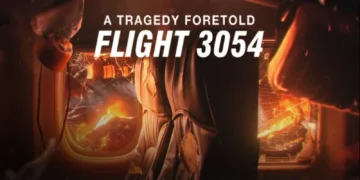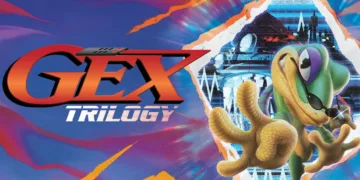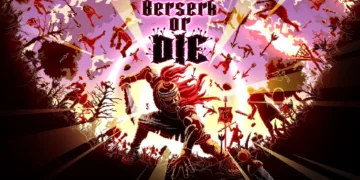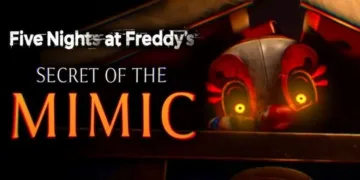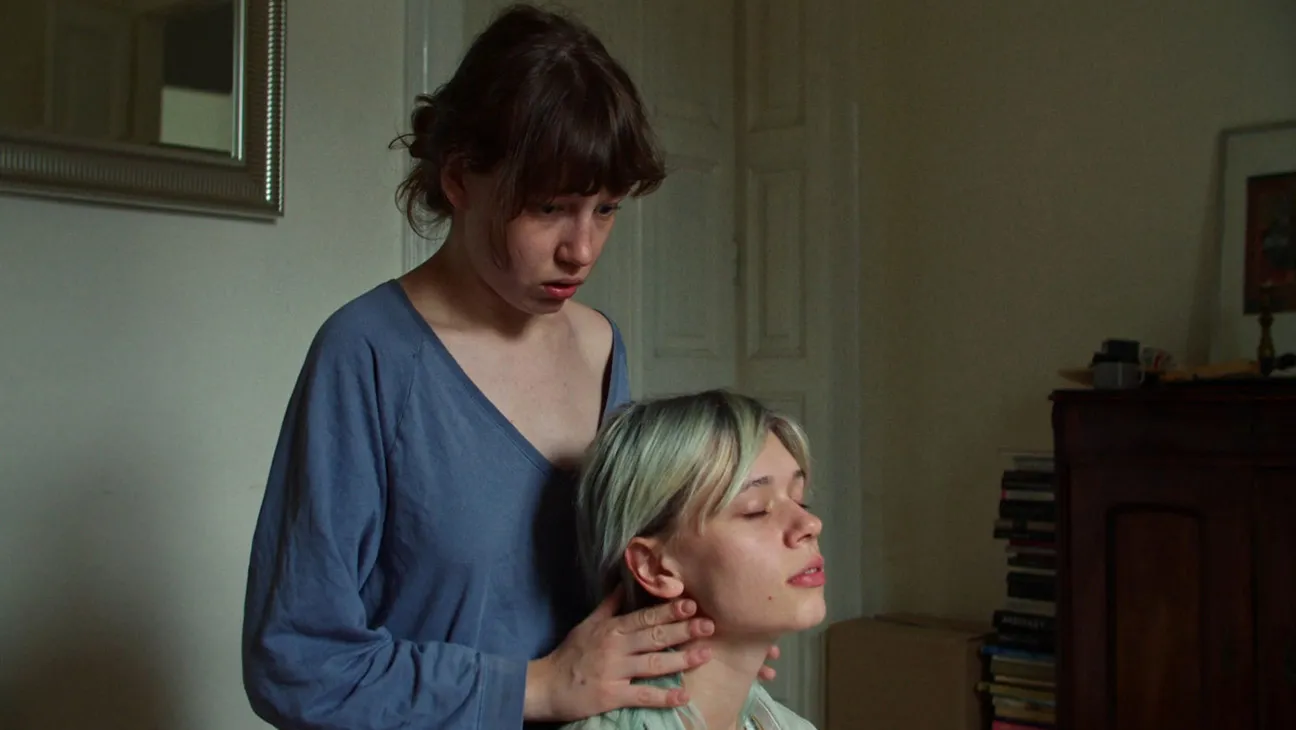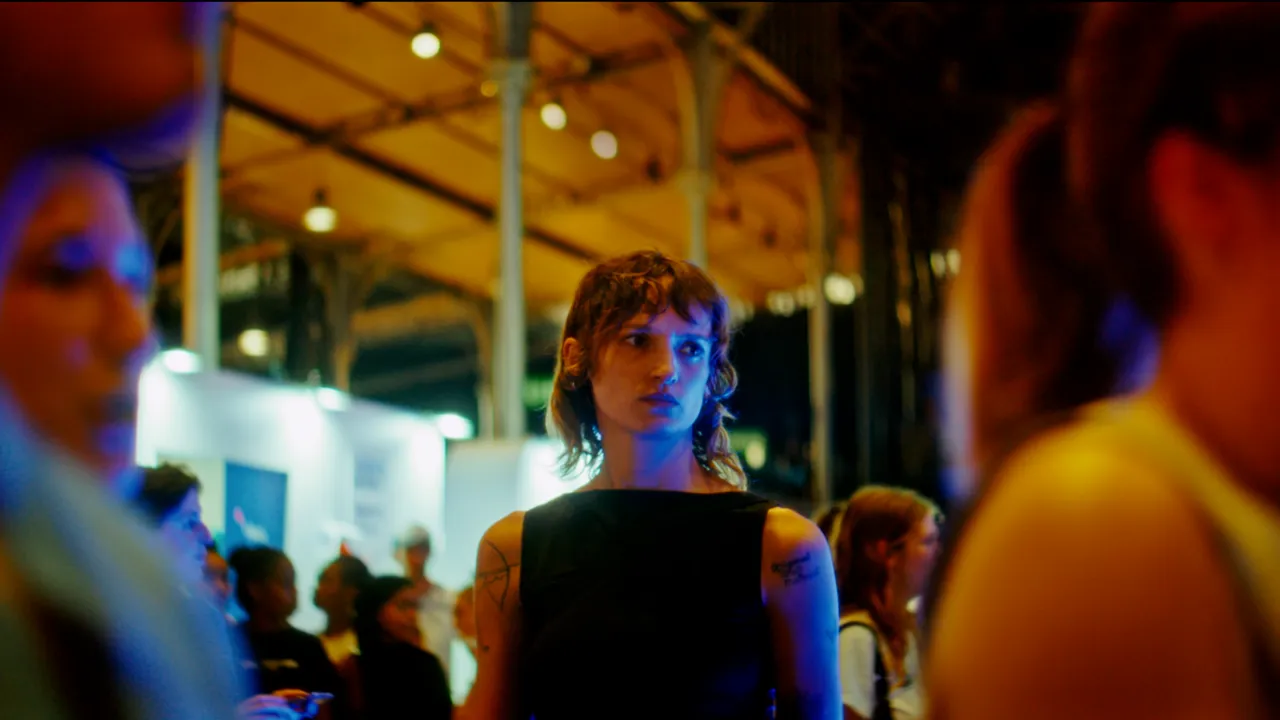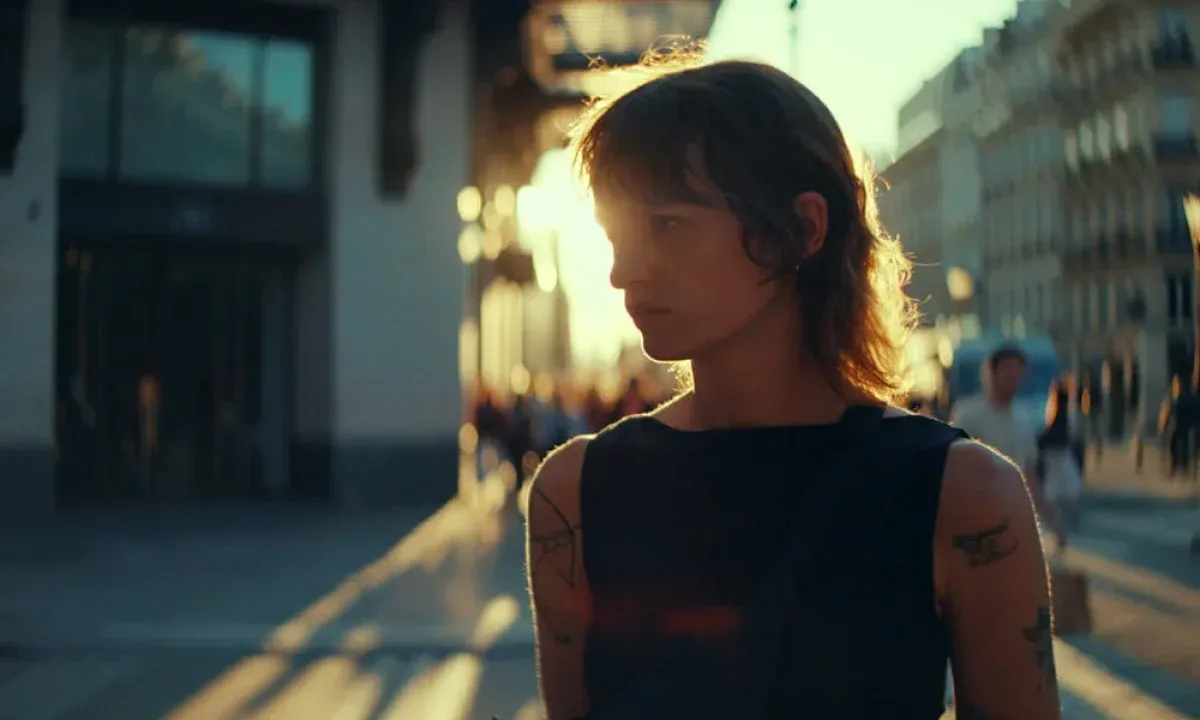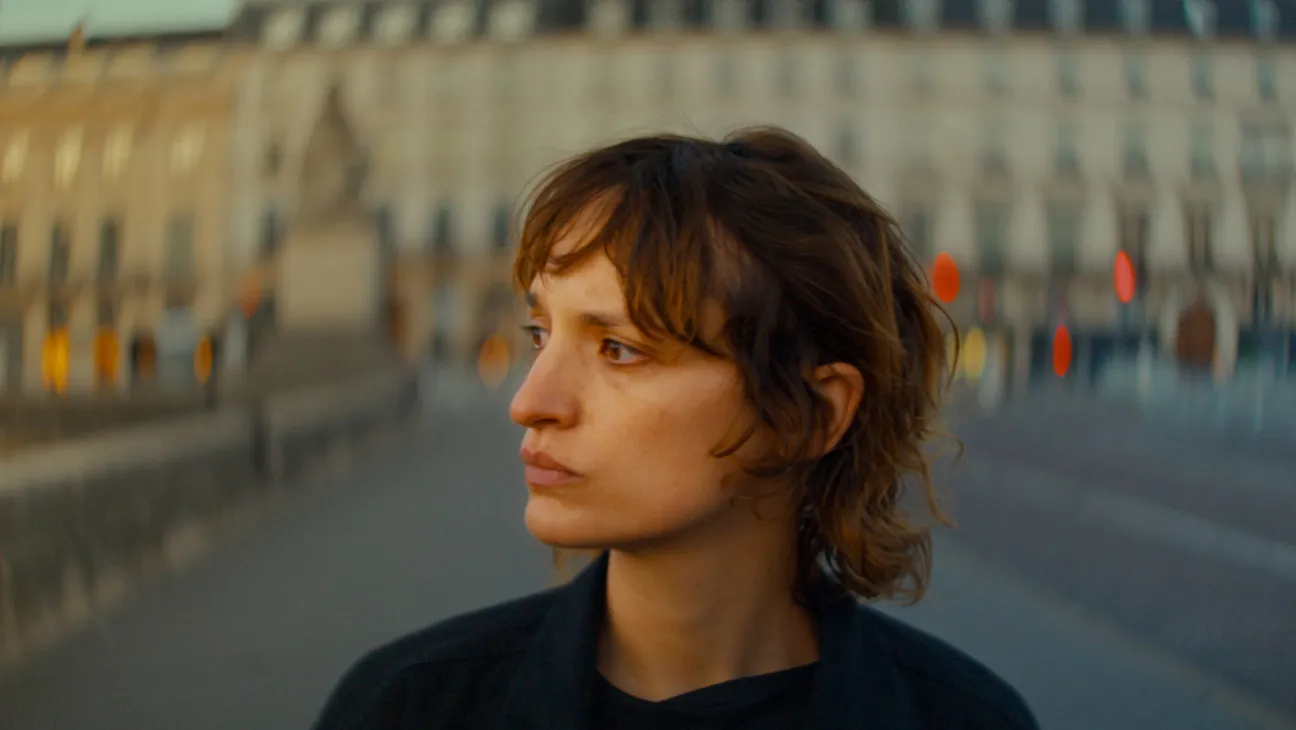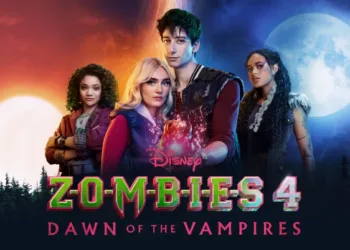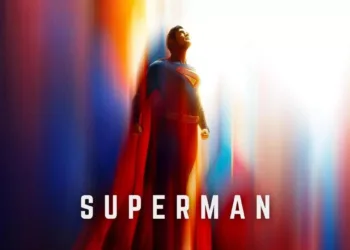In the relentless machinery of a city, what becomes of the individual soul? Laurent Slama’s A Second Life casts its gaze on this question, setting its stage not just in Paris, but within the psychic landscape of a woman adrift.
Amid the manufactured fervor of the 2024 Olympic Games—a spectacle of human striving—we meet Elisabeth, a concierge whose job is to furnish transient comforts she cannot herself possess. Her smile is a practiced artifice, a mask worn against the grinding gears of the service economy.
She moves through the urban clamor as a ghost, her profound unhappiness a silent rebellion against a world that demands incessant performance. The film begins in this state of quiet desperation, hinting that in a metropolis teeming with millions, the most seismic event can be the unexpected collision with a single, other consciousness.
The Armor of Silence
To be truly alone is not a matter of solitude, but of a severance from the world’s frequency. Agathe Rousselle portrays Elisabeth with a brittle grace, her body a fortress against the incursions of daily existence. Her performance is not one of overt suffering, but of a chilling containment, a vacuum sealed behind the eyes.
The tension in her jaw, the rigid set of her shoulders as she navigates the indifferent crowds—every motion is a defense. This is the alienation of modern labor made flesh; her role demands a self-erasure, a replacement of her authentic being with a smiling avatar whose existence is validated only by a five-star rating on an app.
She is a consciousness compressed into a data point. We see a woman who has weaponized her own senses against this world; her hearing impairment becomes a conscious tool, a switch she can flip to plunge into the sanctuary of a muffled reality. This self-imposed silence is her only defense against the cacophony of transactional language, a retreat from a world that screams its demands.
In this state of managed non-being, her only pilgrimage is to the Musée de l’Orangerie. There, before Monet’s water lilies, she finds a momentary peace—not a cure, but a glimpse into a world dissolved into pure impression, a reality freed from the tyranny of hard edges and quantifiable metrics. It is a refuge.
A Rupture in the Solitude
Into this sealed chamber of self walks Elijah (Alex Lawther), a presence so dissonant with Elisabeth’s world he feels less like a character and more like a tear in the fabric of her reality. He is not a savior but an anomaly, his perceptiveness and unshielded spirit an affront to her carefully constructed defenses.
He operates on a plane of intuition, outside the city’s logic of transaction. Their first meetings are a study in friction, the resistance of a fixed object against an irresistible, yet gentle, force—his openness chipping away at her calcified exterior. Lawther and Rousselle build a connection that bypasses sentimentality; it is a raw, unadorned recognition between two beings, an ontological pact to acknowledge one another’s existence without agenda.
The film wisely rejects romantic trajectories, opting for something more elemental: the chronicle of a platonic haunting, where one person’s way of being begins to seep into another’s. Elijah’s profession as a hypnotist is the film’s central metaphor; he seeks to bypass the conscious, guarded mind to address the submerged self.
He does not offer answers, but his presence alone, his relentless and gentle questioning, forces Elisabeth to confront the walls she has built. He becomes a mirror reflecting a version of her city—and herself—that she had refused, or been unable, to see.
The Cartography of a Mind
A film about interiority must invent a language for the unseen, and Slama accomplishes this not through dialogue, but through a purely sensory grammar. The sound design is the film’s most potent achievement, externalizing Elisabeth’s consciousness as it navigates the auditory assault of the city.
We inhabit her perception, toggling between the overwhelming surge of urban noise and the profound, isolating hum of its absence. This is not a gimmick; it is a philosophical statement on the nature of being, the choice between the pain of engagement and the silent void of disconnection. The camera becomes an extension of her psyche, a frantic, breath-like lens that mirrors the panicked rhythm of her nervous system.
The close-ups are claustrophobic, denying her—and us—any objective distance from her anxiety. It is only in Elijah’s company that the frame seems to breathe, to allow the world to exist beyond her immediate field of vision.
As his influence permeates her world, one senses a change in the light itself. The colors of Paris, once muted by the grey of existential fatigue, seem to bleed back into the frame with a renewed, almost violent saturation—a sensory shock signifying the world forcing its way back into her awareness.
A Fleeting Reprieve
What is healing but a momentary alignment with the current of life? A Second Life does not propose a cure for the existential condition; it rejects the easy consolations of therapy culture. It offers something more fragile and perhaps more true: a testament to the power of a single, ephemeral encounter to create a crack in one’s armor.
The film finds its quiet strength in its depiction of mental health as a state of being, not a problem to be solved. Its core truth lies in the idea that a person can be pulled back from the precipice not by grand gestures, but by the simple, radical act of being seen without judgment. If the narrative rushes its final moments, it feels like a minor tremor in a deeply resonant structure.
The film’s modesty is its most radical statement. It suggests that meaning is a whisper, not a shout, found in the accidental grace offered by a stranger—a being untangled from our history, who can, for a moment, let us see ourselves anew.
A Second Life premiered at the Tribeca Film Festival in 2025 and had its European premiere at the Karlovy Vary International Film Festival.
Full Credits
Director: Laurent Slama
Writers: Laurent Slama, Thomas Keumurian
Producers: Maxime Montagne, Laurent Slama
Executive Producers: Maxime Montagne
Cast: Agathe Rousselle, Alex Lawther, Suzy Bemba, Jonas Bachan
Director of Photography (Cinematographer): Laurent Slama
Editors: Souliman Schelfout
Composer: Jean-Charles Bastion
The Review
A Second Life
A quiet, philosophically resonant portrait of urban alienation and momentary grace. While its narrative occasionally falters, the film’s masterful use of sound and its deeply felt central performances create a profound, haunting meditation on the power of a single, fleeting human connection to pierce the armor of despair. It is a fragile, beautiful, and deeply intelligent work.
PROS
- Profound, nuanced lead performances from Agathe Rousselle and Alex Lawther.
- Masterful and immersive sound design that externalizes the protagonist's mental state.
- A thoughtful and empathetic depiction of depression without resorting to cliché.
- Haunting cinematography that creates a powerful, subjective point of view.
CONS
- The narrative feels slightly rushed and less focused in its final act.
- Certain plot developments can feel somewhat contrived.






















